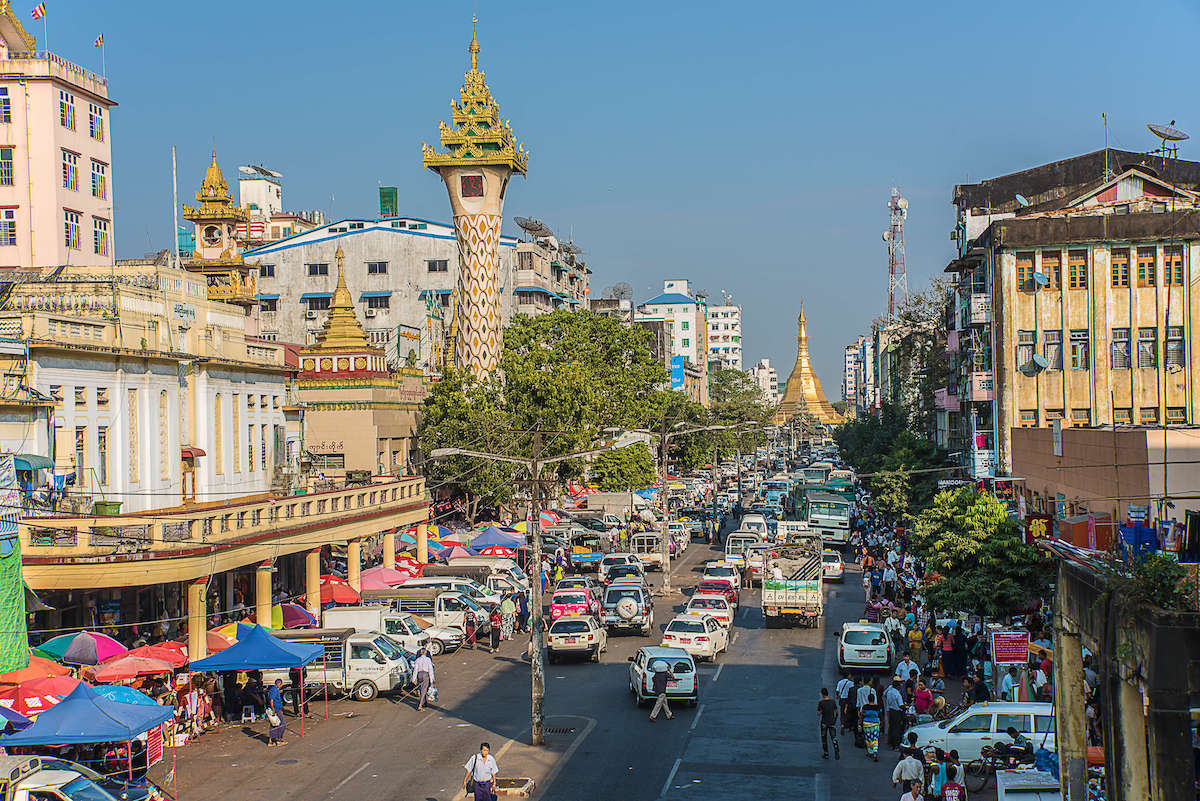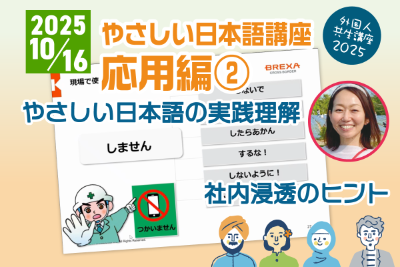- やさしい日本語
- ひらがなをつける
- Language
We provide multilingual content through machine translation. Translation accuracy is not 100%. About the multilingualization of the JAC website
- About JAC
- JAC Membership Information
- Specified Skilled Worker Acceptance
- Specified Skilled Worker Overview of the system
- 10 Mandatory Assistance for Foreigners
- Online individual consultation
- Seminar on Coexistence with Foreign Nationals
- Leading examples of host companies
- Case studies collection "Visionista"
- Foreigner's Voice
- Foreign Resident Acceptance Manual / Q&A
- Useful column "JAC Magazine"
- Acceptance support services
- Specified Skills Acceptance Support Service
- Skills improvement support
- Online Special Education
- Skill training
- Japanese Language Course
- Education and Training Support
- Subsidy system for obtaining qualifications
- Support for creating a comfortable workplace
- Temporary Return Support
- CCUS charge support
- Support system for promoting the accumulation of employment history
- Post-acceptance training
- Compensation system for Specified Skilled Worker (i)
- Daily life support
- Medical interpretation support
- Support for daily life problems
- freeJob matching
- The Specified Skills Evaluation Exam
- Home
- JAC Magazine
- Working with foreign workers
- What is the Filipino national character? Introducing their personality and communication tips!
- Home
- JAC Magazine
- Working with foreign workers
- What is the Filipino national character? Introducing their personality and communication tips!

What is the Filipino national character? Introducing their personality and communication tips!
I wrote the article!

(One company) Japan Association for Construction Human Resources
Chief of Research and Development Department / Administration Department / Public Relations Department
Motoko Kano
(Kano Motoko)
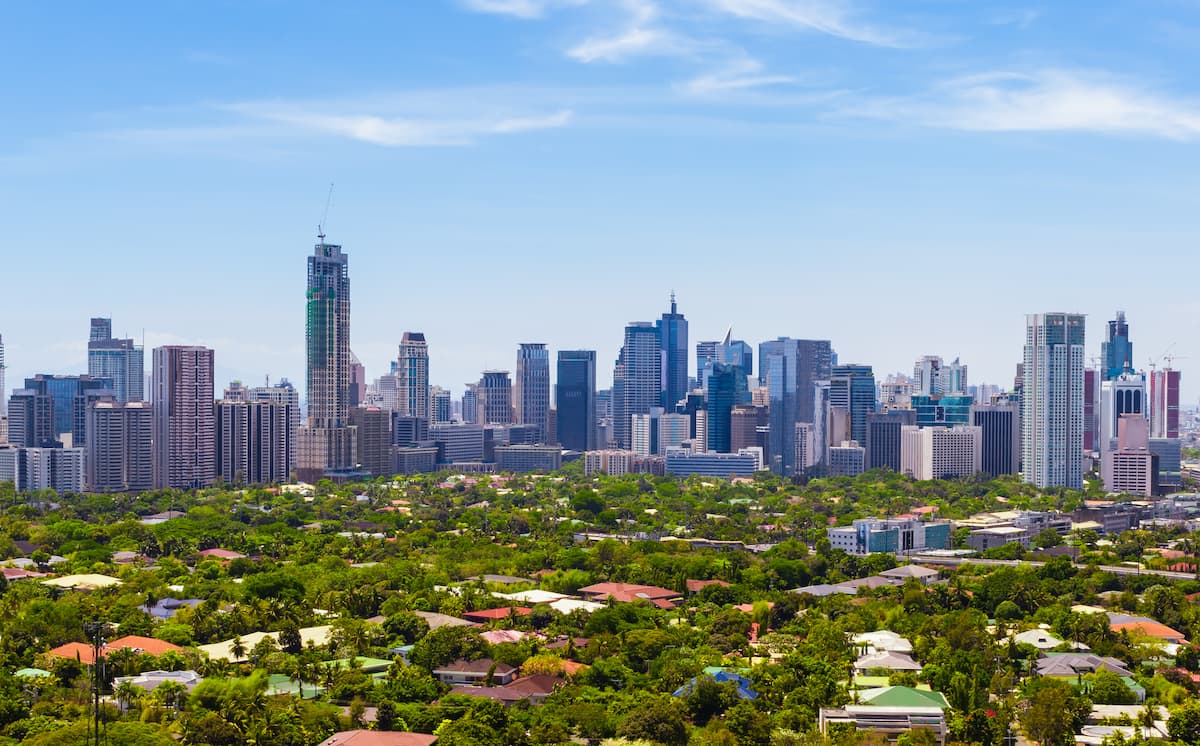
Hello, this is Kano from JAC (Japan Association for Construction Human Resources).
The Philippines is a popular country in Japan, with famous tourist destinations such as Cebu Island.
Furthermore, not a day goes by without seeing Philippine-grown bananas or pineapples in a supermarket, making the country a familiar part of everyday life.
As the number of foreign workers in Japan increases, the number of Filipino workers is also on the rise.
In order to facilitate smooth communication in the workplace, it is important to first learn about the other person's country.
This time, we will explain in detail about the Philippine national character.
We will introduce each country's characteristics and communication tips, so please use this as a reference.
What kind of country is the Philippines?
The Philippines is a country located in Southeast Asia, consisting of over 7,000 islands.
The land area is slightly smaller than Japan, about 300,000 km 2.
It has a population of approximately 109.04 million (2020 Philippine Census).
The 2010 survey showed that the population was increasing because it was about 92.34 million.
The capital, Manila, is a country with a deep connection to Japan historically, with the Japan town being created and many Japan people living in the Edo period before trade flourished before Japan became a closed country.
The ethnic group is predominantly Malay, and it is also known as the only Christian country in ASEAN.
About 80% of the population is Catholic, 10% are Christians, and 5% are Muslims, mainly in Mindanao, and Christians are overwhelmingly Christians.
The official languages are Filipino and English, but many people use English because they learn English from an early age.
However, Tagalog is also spoken in Luzon, Visayas is also spoken in the Visayas and Mindanao, and some Spanish is also mixed because it was a Spanish colony.
The main events in the Philippines are Eid al=Adha(犠牲祭) and Christmas.
Eid al=Adha is a Muslim festival and holiday that takes place in June (the date is determined just before each year), and Christmas is celebrated in December, just like in Japan.
Christmas is an event that is especially important to Filipinos, and the difference from Japan is that they start preparing for Christmas around September.
It is said to be the country with the longest Christmas period in the world.
People working abroad often return home en masse for Christmas, so if you have Filipino staff at work, you may also need Temporary Return Support.
What are the personalities and values of Filipinos? Learn about their national character
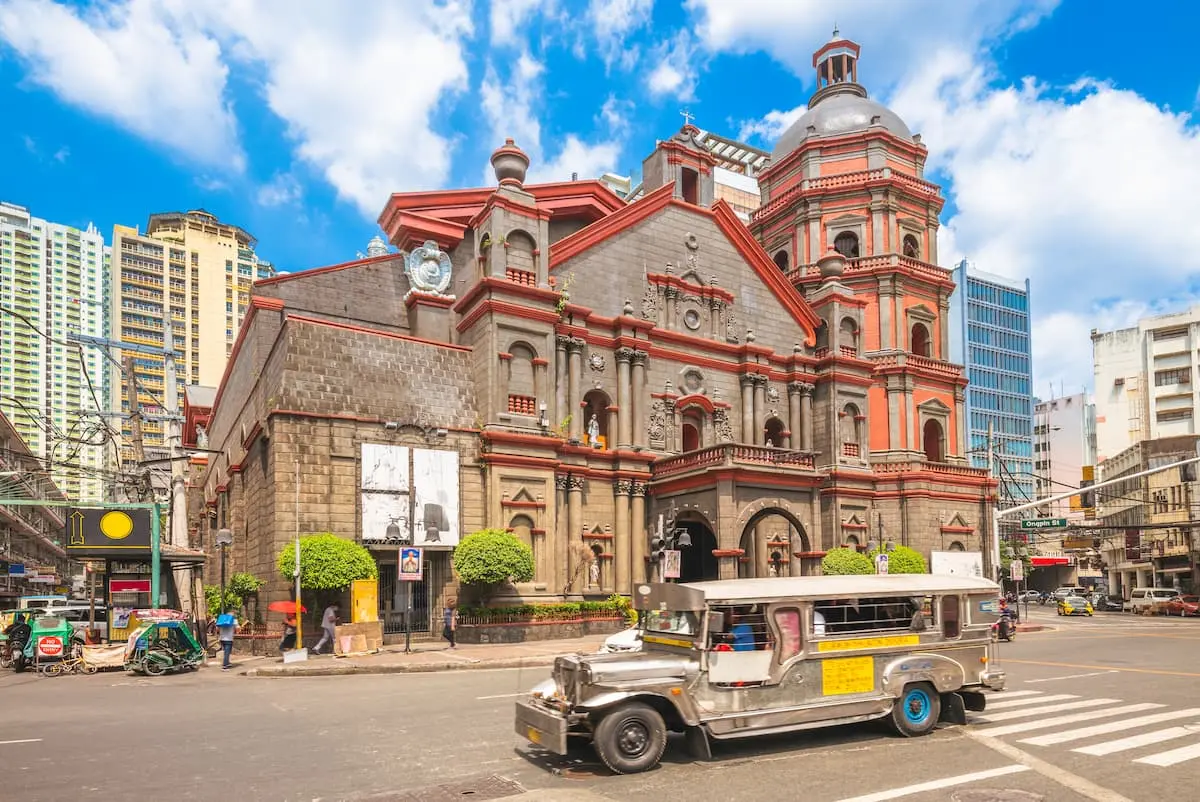
Most Filipinos can speak English, so they have little resistance to going abroad to work, and many of them actually do.
Additionally, many of them have bright, cheerful and friendly personalities, and their cheerful and sociable nature also contributes to their success working abroad.
Furthermore, it is believed that one of the reasons why many Filipinos work overseas is that they place great importance on family.
There is a strong sense of needing to provide for one's family even at the expense of one's own sacrifices, so many people seem to think it is natural to go abroad to work if jobs in the Philippines pay low wages.
Therefore, they value time spent with their family the most, so it is not uncommon for them to take time off work or be late if something happens to their family.
If you have Filipino staff in your workplace, keep in mind that their absence or lateness may be due to family members.
However, Filipinos also have a side to them that doesn't care about time, with some people barely looking at calendars or clocks.
If you feel that your employees are not punctual, you may need support such as actively checking in with them or helping them manage their tasks.
However, Filipinos are also known for their hardworking, patient, and hospitable national character.
There are many people who are pro-Japan, so this should be an advantage in your work.
For more information on the national characteristics of countries other than the Philippines, please refer to the following column.
What is the Thai national character? Introducing their personality and communication tips!
What is the Nepalese national character like? Introducing their personality and communication tips!
What is the national character of Myanmar? Introducing their personality and communication tips!
What is the Vietnamese national character? Introducing their personality and communication tips!
What is the Indonesian national character? Introducing their personality and communication tips!
How to work well with staff from the Philippines
There are five things to keep in mind when communicating with staff from the Philippines.
① When giving a warning, do it in a place where there are no other people around.
The first thing is not to give warnings or instructions in front of multiple people.
Filipinos feel very humiliated when they are reprimanded or instructed in public.
When giving warnings or instructions, do so individually in a separate room.
2. Give warnings and instructions gently
The second is how to give warnings and instructions.
If you instruct them in a harsh, scolding tone, it will cause great offense to the Filipino people.
You are expected to be gentle and patient in your approach.
③Speak in easy-to-understand Japanese
The third is to use easy-to-understand Japanese.
Japanese terminology and dialects are very difficult, and this is not limited to people from the Philippines.
Also, avoid abbreviations as they are difficult to understand.
It would be good if you could share these ways of saying things among your employees.
There have been cases where people have used something thinking it was an English word, only to find that it was completely unintelligible and turned out to be Japanese-made English.
Some examples of Japanese English are:
- ノートパソコン→ラップトップ
- タッチパネル→タッチスクリーン
- コンセント→アウトレット
There are surprisingly many out there, so be sure to check them out.
4. Don't take it for granted that you can speak English.
Fourth, be aware that there are people who cannot speak English.
Many Filipinos can speak English, but some are not.
If you are considering employment for a job that requires English, we recommend checking the candidate's English level during the interview.
⑤ Pay attention to the workload and working hours
The fifth point is about working hours and the amount of work that requires overtime.
Filipinos rarely work overtime because they prioritize time with their families.
For this reason, many Filipinos have doubts about Japanese jobs that involve a lot of overtime.
It is important to explain and make sure employees understand that overtime will be unavoidable during busy periods or when there are problems, but you should also proceed to review the working hours and workload of the entire company.
Summary: Filipinos are cheerful, lively and sociable. Time with family is a top priority
The Philippines is a Southeast Asian country whose population is growing year by year, and it has had long-standing ties with Japan.
Many people are pro-Japan and have a bright and cheerful national character, so you will often find it easy to work with them.
It is the only Christian country in ASEAN, and Christmas is such an important event that preparations begin in September.
People who work overseas often return home en masse for Christmas, and may need Temporary Return Support.
In order to communicate smoothly, it is important to know the national character of the Filipino people.
Because they have a strong belief that family comes first, they may feel uncomfortable with the amount of overtime that Japanese people work.
While clearly explaining necessary overtime, you should also review working hours and workload across the company.
One employment status for Filipinos is Specified Skills.
This is a status of residence that requires certain skills and Japanese language ability, so companies looking for immediate personnel should definitely consider this.
We are holding a seminar for Japanese people on living together with foreigners, "I'm having trouble with my Filipino employees! What should I do?"
JAC holds a "Lecture on Coexistence with Foreigners" with the aim of "Understanding how to work smoothly with foreign staff!"
The second lecture on coexistence with foreigners will be held on August 24, 2023, and will be titled "Lecture on Coexistence with Foreigners (Philippines)" (lecturer: Daichi Imai).
The Philippines is one of the countries that respects its citizens working overseas, for example by setting up OFW lanes (lanes at airports for migrant workers to enter and leave the country).
There will also be many opportunities to hire Filipinos as foreign workers.
The course introduced the history and national character of the Philippines, its religion and major events, and Tagalog words that will be useful when welcoming Filipinos, as well as explaining things to be aware of and key points to keep in mind when actually welcoming Filipinos.
Participating companies asked many questions about Japanese language learning for Filipinos coming to Japan and their accompanying families.
Q: Are classes taught in English?
→ official documents are in English, so classes are basically conducted in English. However, since Filipino is also taught as a national language, classes are held in both languages.
Q: I heard that there are many people who go abroad to work, but I think there are many people who come to Japan with their families. What is it actually like
If you have a → status of residence Specified Skilled Worker (i), your family cannot come, but if you have a Gijinkoku or a skilled worker visa, you can stay with your family, so there are many people who invite their families to live with them.
Q: I heard that the number of people who want to go to Japan is decreasing due to the depreciation of the yen, but what is the actual situation?
→ is also a reality that many people want other countries where the minimum wage is higher than Japan. However, such countries require the necessary knowledge, skills, and experience, so some people first accumulate knowledge and experience in Japan and go to other countries to work. In that sense, Japan is still popular.
Q: What kind of industries are popular in Japan for Filipinos?
→ welding, a skill that is in demand in the world, is popular, and the shipbuilding industry is thriving in the Philippines, making it a popular occupation.
You can view seminar videos, materials, answers to questions, etc. from "Missed Distribution and Materials for Foreigners' Symbiosis Course".
If you were unable to participate, please take a look.
Regarding the course, we have received the following impressions.
- The materials were easy to read and the explanations were easy to understand, so I was able to get an overview of the Philippines in a short amount of time.
- The flow of acceptance was easy to understand.
- The explanations from a geographical and historical perspective were easy to listen to.
- I found it very interesting to learn about the regional characteristics of each country and personality trends.
- It's difficult because the training is so short, but I'd like to learn more about the problems (examples, etc.) that can occur when hiring foreigners.
In addition to the Filipino Symbiosis Course, we will be holding a course on Indonesia, Vietnam, Myanmar, Nepal, and Thailand!
If you're considering accepting Specified Skilled Worker from the countries listed above, be sure to check it out.
We will continue to hold useful seminars according to your needs!
[Online free course] It's hard to get along with foreign employees! What do we do??
If you are a company that is considering accepting Specified Skilled Worker in the construction industry, please feel free to contact JAC!
*This article is based on information as of September 2023.
The author of this article

(One company) Japan Association for Construction Human Resources
Chief of Research and Development Department / Administration Department / Public Relations Department
Motoko Kano
(Kano Motoko)
Born in Aichi Prefecture.
He is in charge of public relations, research and investigation, and is the person behind social media.
We update our social media accounts daily with the desire to make people fall in love with Japan, to spread the appeal of construction from Japan to the world, and to ensure that Japan's construction industry continues to be the industry of choice around the world.
He is also engaged in research into the feasibility of implementing skills evaluation exam in Asian countries, and is conducting interviews with local organizations in each country.
Related articles

What is the Japanese level of Specified Skilled Worker? Precautions and measures after acceptance

Things to know when working with Muslim employees in a Japanese company

What is the obligation to notify the employment status of foreigners? Foreign workers who must be notified and how to apply
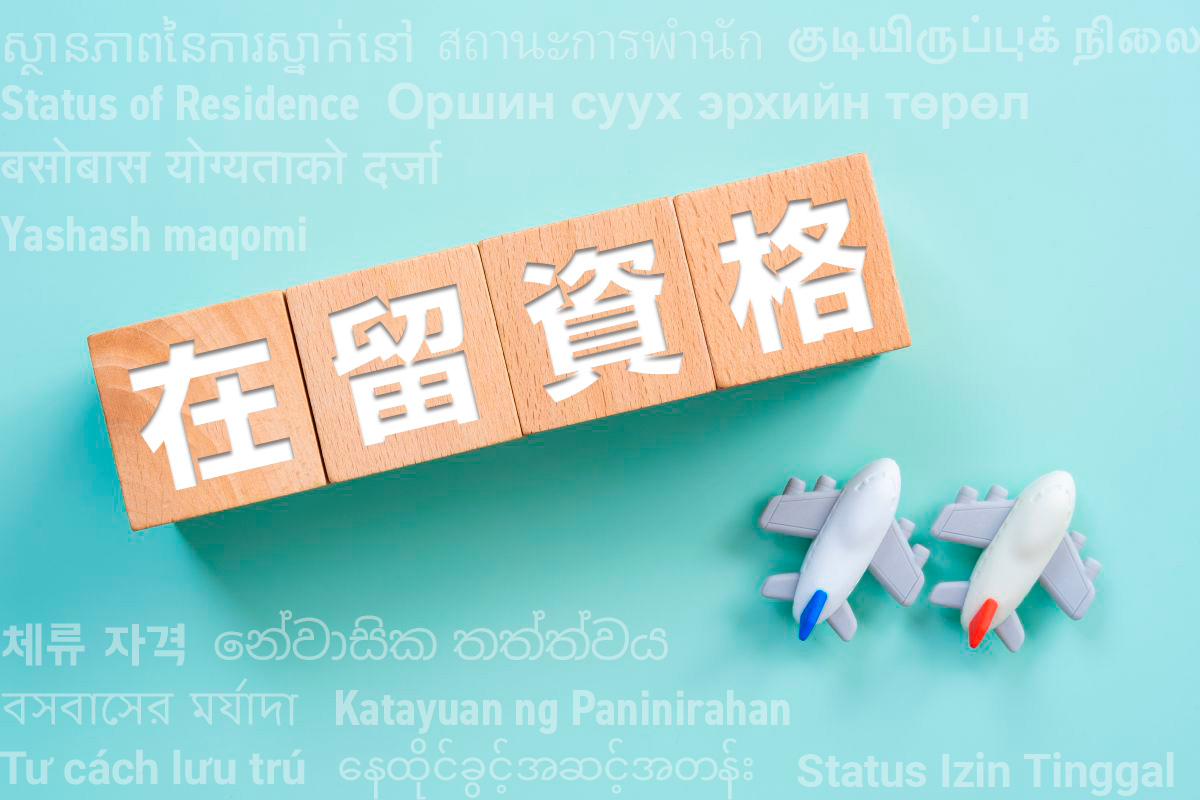
What is the status of residence that allows you to work? Explaining the types, how to obtain it, and more!







